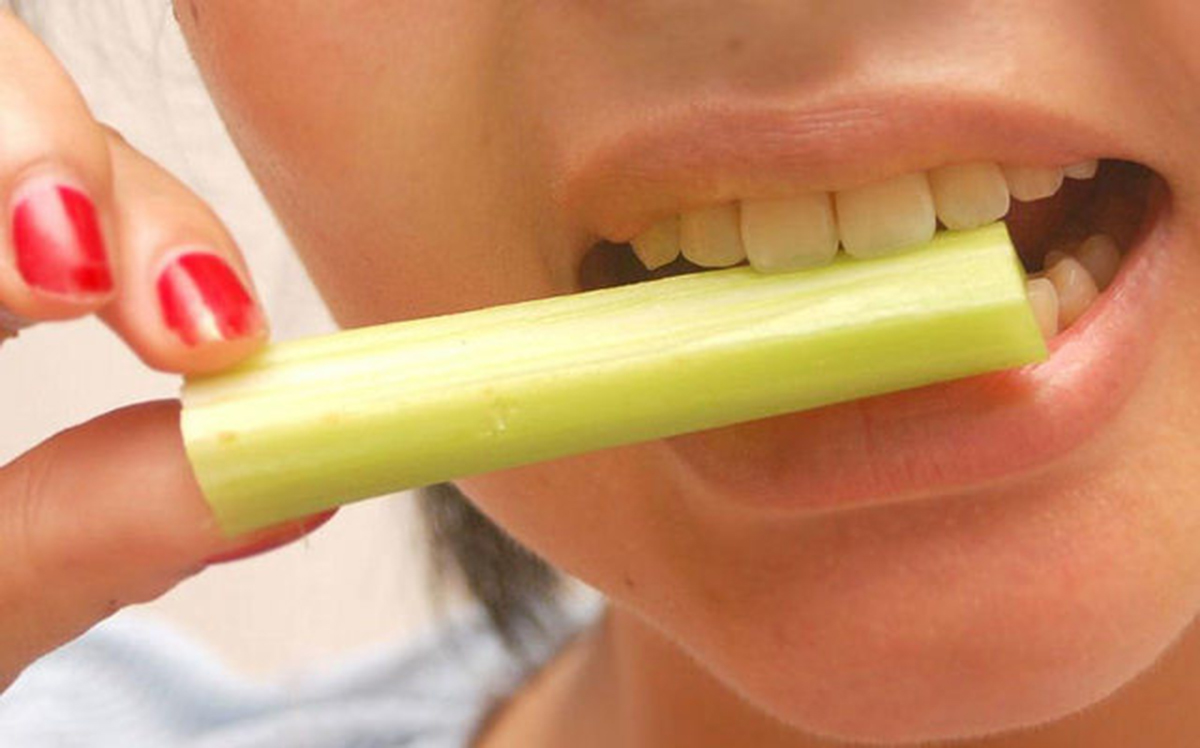Table of Contents
Overeating
Less common than under-eating, but still very common in individuals with depression is the tendency to overeat. Individuals with depression tend to self-medicate, often using over-the-counter medication or alcohol. The overeater self-medicates with food.
If you have depression, you may crave carbohydrate-rich food such as pasta, or ice-cream and cakes. You may find yourself buying in large amounts of sweet starches that you never bought before (like cookies). That is because foods that are high in carbs and sugar trigger the release of our mood-boosting hormone-friend, Serotonin.

If you have depression, you may find that you feel calmer and content after you've eaten a sweet, starchy snack. That's because the individual with depression eats to beat their negative feelings, and to feel (if only for a short time) safe, and happy, and loved. Like the under-eater, this will soon trap you into a vicious cycle.
By gorging on high-sugar foods, you will create a situation where your body becomes used to running on very high levels of blood sugar. As soon as your blood sugar levels drop, you will find yourself craving a sweet, starchy fix to raise them to an artificially high level again. Your body doesn't need the food, but your mind craves it. You crave the security that can come only with a packet of potato chips.
There are other dangers for the overeater. Due to artificially raising your blood sugar levels continuously, if you overeat, you are at risk of diabetes, and the potential for excessive weight gain leaves you at risk for dangerous heart disease.
I have depression. What do I do now?
If you are experiencing depression, whether you are under- or overeating, you need help. You should speak to your primary care physician. They will be able to refer you to a qualified therapist. It may also be necessary to prescribe an antidepressant medication, as the most effective treatments for depression usually include a combination of an antidepressant medication and therapy (typically Cognitive Behavioural Therapy, although other types may help you).
Only when you are feeling better about yourself can you make lasting changes to your diet.
In the meantime, take care of yourself
- Distract yourself: If you think you are hungry, try distracting your mind, and your body. Instead of a sweet snack, try a soothing hot drink; watch a funny film; walk the dog around the park; close the curtains and dance to some music. Something to engage your mind and body could be al you need. Just 20 minutes of activity a day has been found to be very therapeutic for individuals with depression.
- Seek love elsewhere: If you think you're hungry, try doing something to feed your soul. Fill up your human need for affection by visiting a loved-one, or talking to a friend on the phone, not by eating another cookie.
- Eat a balanced diet: As we've discovered, depression can be aggravated by nutritional deficiencies, so make sure you have a diet full of carbohydrates, protein, dairy, fruit and vegetables. Also, have at least two portions of oily fish a week (e.g. salmon), as it's likely that the Omega-3 Fatty-Acids will help to tackle depression.
- Remember to love yourself: If you binge, don't give in to feelings of guilt. Depression can make problems seem bigger than they are, so break that cycle of negative thoughts immediately. Say, "I did it. I was unhappy. I'm going to move on". Then do. After that, anytime you catch yourself embarking on any negative or angry thought, softly say to yourself "Stop!", then distract yourself with an activity.
Facing your depression and changing your eating won't be easy, but it's necessary work that could greatly improve your quality of life. So be brave and book an appointment with your doctor today.
You owe it to yourself.
- www.dailymail.co.uk/health/article-38912/Why-fish-answer-depression.html
- http://eating-disorders.org.uk/information/the-effects-of-under-eating
- http://www.mind.org.uk/information-support/types-of-mental-health-problems/depression/self-help-treatment-and-support/#.VlCCEsvFrIU
- http://www.nhs.uk/Conditions/Binge-eating/Pages/Introduction.aspx
- www.nhs.uk/Conditions/Depression/Pages/Symptoms.aspx
- http://www.nimh.nih.gov/health/statistics/prevalence/major-depression-among-adults.shtml
- www.theveganrd.com/2010/09/tryptophan-milk-and-depression.html
- Photo courtesy of Danielle Helm: www.flickr.com/photos/daniellehelm/4454701044/
- Photo courtesy of jjrb230: www.flickr.com/photos/jjrb230/19070038711/


Your thoughts on this